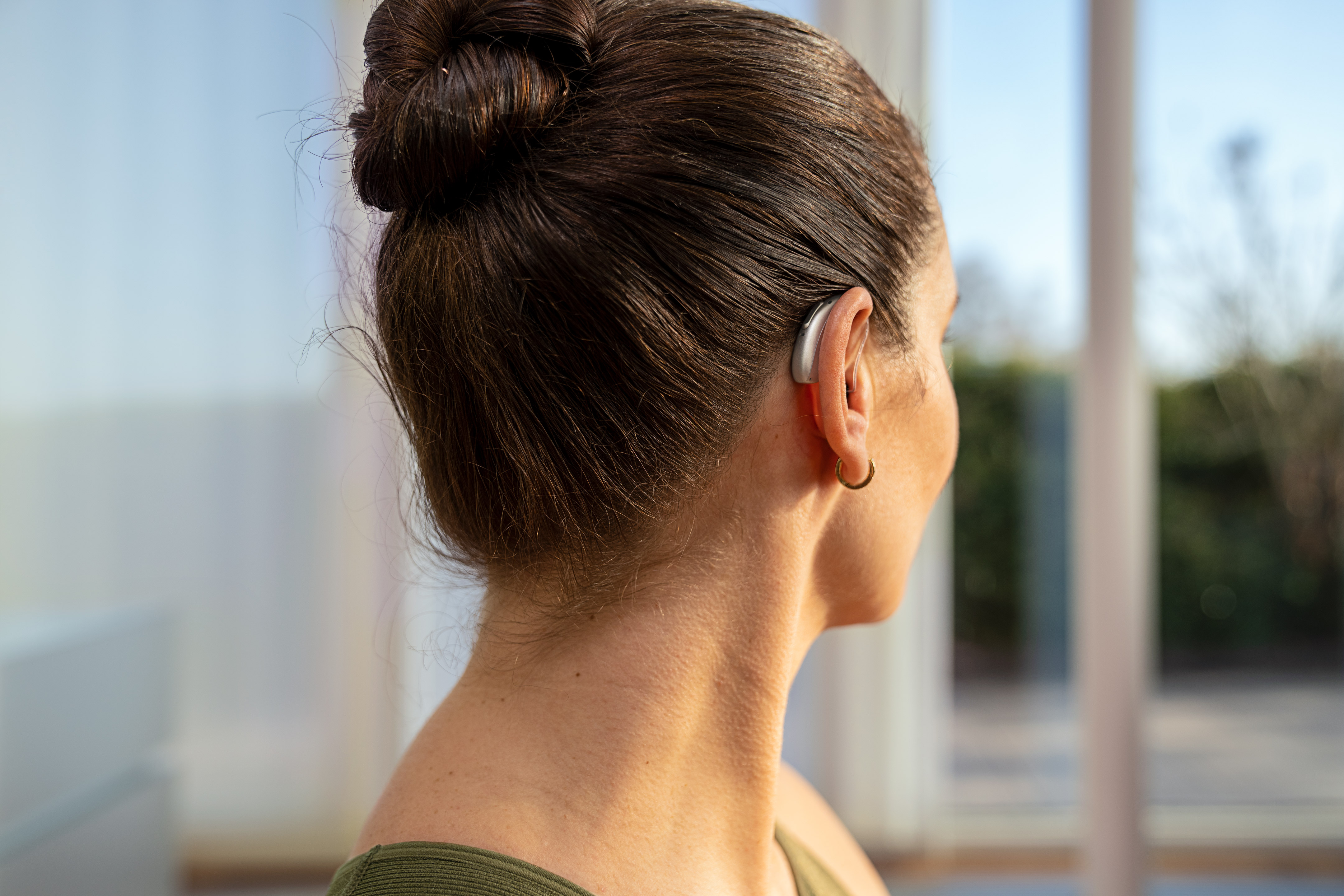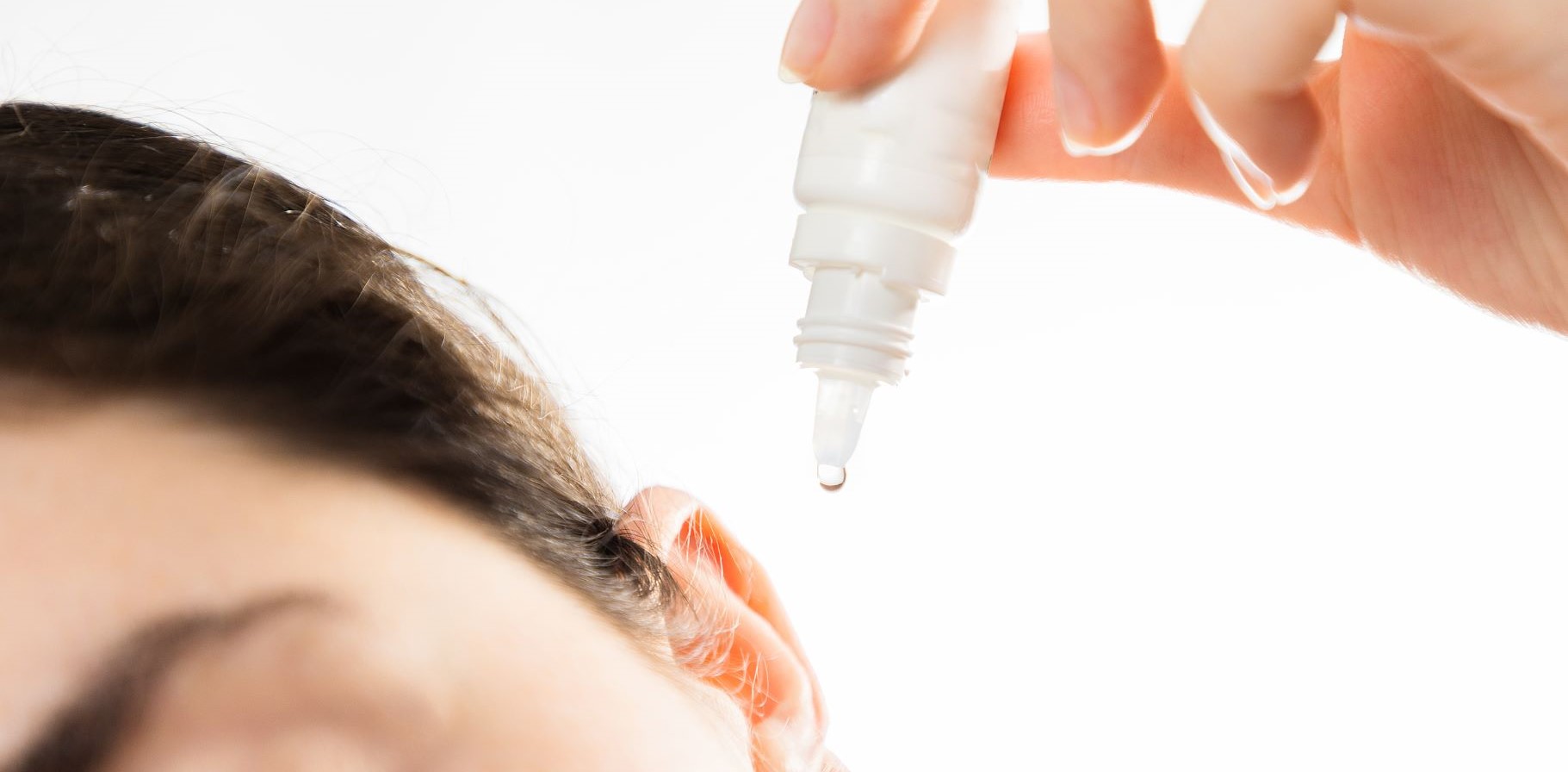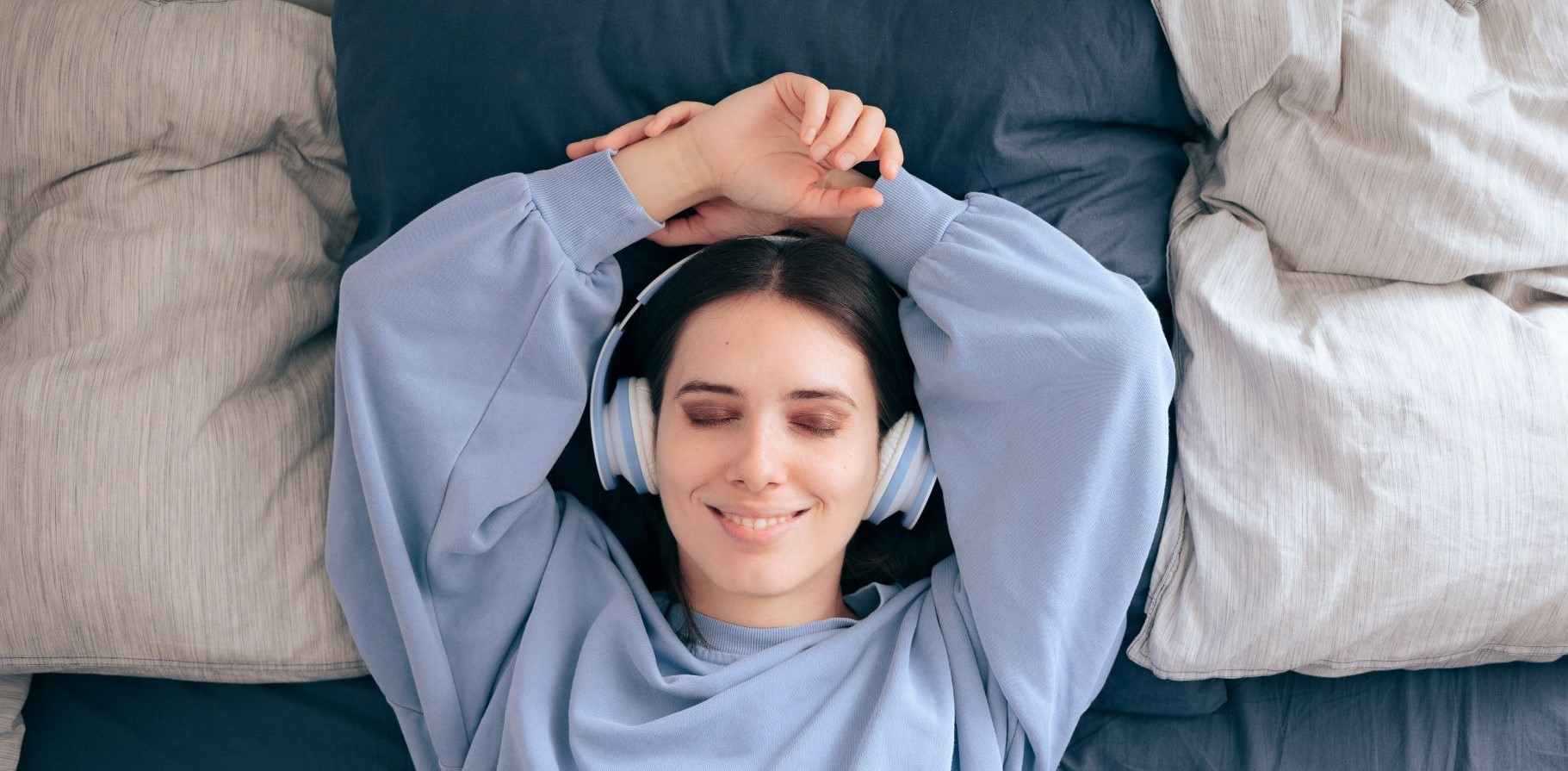
Connect Hearing
Feb 27, 2024
Enjoy Your Sport – a Quick Guide to Hearing Assistance at Major Events
Few things are more fun than a day at the races, an afternoon at the footy or an evening at the tennis. Yet with sustained noise levels and high peaks, few things are potentially more damaging to your ears. <br><br> With hearing loss being the most common form of adult disability¹, knowing how to protect your ears is essential. Here, we look at the risks and how to mitigate them without reducing your enjoyment.
.png?branch=web_prod)



.png?branch=web_prod)